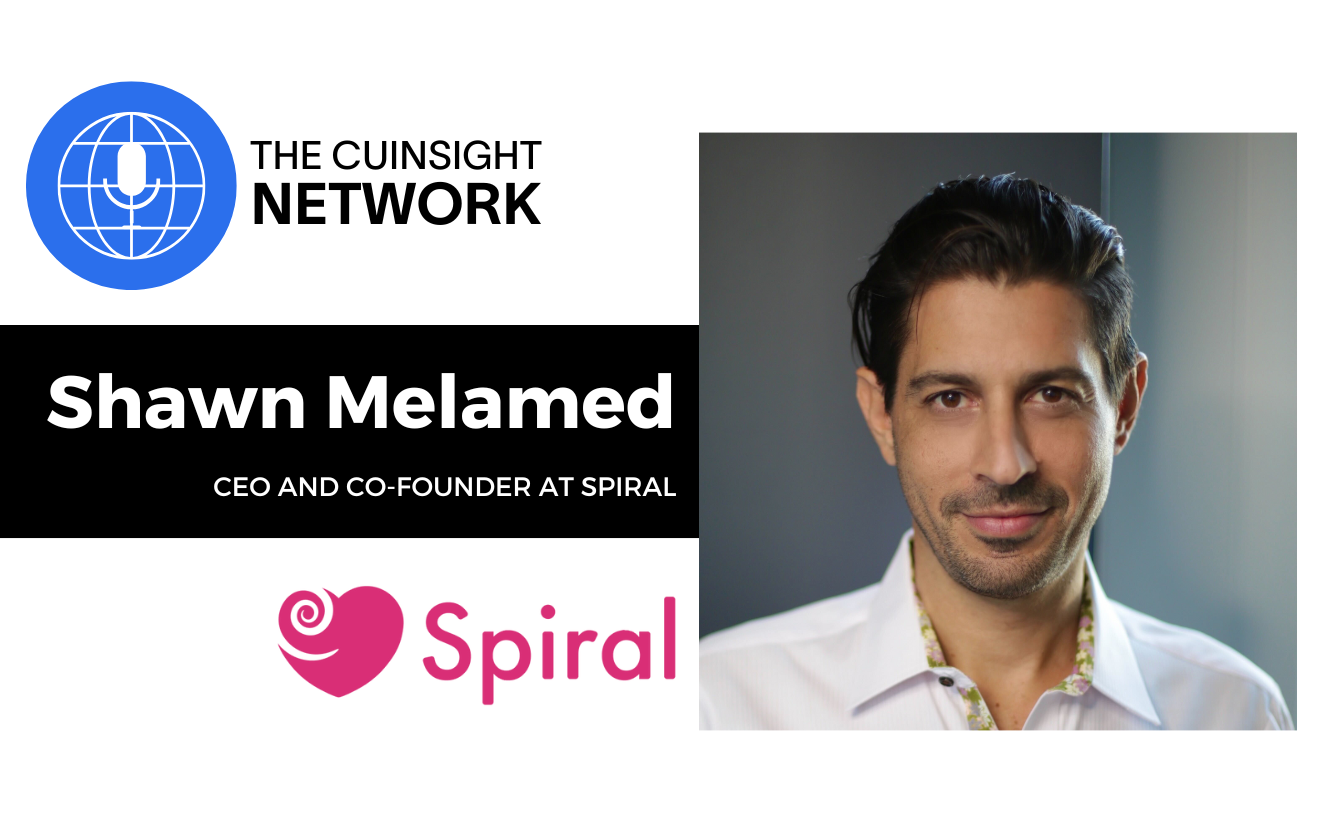This question ought to be on every agenda heading into this year’s post-summer planning session sprint for community financial institutions.
Haven’t heard of “T” before?No need for trepidation.
Here’s a quick crash course on ‘generation T,’ or ‘T timers’:
T is for transformative; not in the rather mundane sense in which the banking industry uses this word too frequently, usually as a means of sensationalizing projects for strategic plans (i.e., ‘digital transformation’ or ‘experience transformation’).If “T” has made one thing clear, it’s that apps are just a means for data to be made accessible, convenient, and valuable.Nowhere is this truly transformational tendency of T more evident than T’s success shifting the concept of community away from the physical world (work/worship/live) and to the digital plane (data/streaming/social media), or in the emergence of entire new social, digital, and data-driven economies (gig economies, sharing economies, green economies, social entrepreneurship, etc.).As a result, they are also inherently (and subtly) transforming money, wealth, and value, but we will get to those in a minute.In short, T values data, in industry and in individual life, to impact human behavior – locally, and at scale.Is your business using data in your local community and economy to drive a strategy of digital and transformative engagement and value to T?
T is for trustless.At the tail end of nearly 2 decades of tracking critical data points and trends related to individual, institutional, and community trust, the most recent installment of The Edelman Trust Barometer declared “the Trust Bubble has burst;” most notably for governments and historically privileged institutions such as religious organizations, NGOs, journalists/media, etc. Communities, citizens, and customers around the globe now exist in the era of “information bankruptcy.”Further and worse, a majority of individuals surveyed believe leaders, journalists, and the institutions they run are intentionally misleading them.Finally, this trustless terminal for institutions did not thrust into our moment as an unexpected tectonic shift.This trend has been clearly developing since the early 2000s and was accelerated by the emergence of certain social technologies (data), mobile devices (digital), and economic crises (institutional and economic power center failures) which compelled consumers to shift trust to new epicenters (peers and businesses). A credit union exists and operates on two key concepts: institution and trust.As a union, a credit union depends on the trust and engagement of its member owners; and as a financial institution it literally transacts (borrows and lends) as a function of that trust.So, in this era of information bankruptcy and mistrust, what is your business doing to convey value to local communities and consumers, and to leverage what remnant of trust might still be valuable between businesses and patrons – locally (i.e., not dependent on vast, institutionalized, corporatized, or consolidated power centers mirroring ‘bankrupt’ federal governments or global institutions).
T is for token; an essential concept in the post-institutional and digitally transformed world, economy, and community of T.Cryptocurrency, non-fungible tokens (NFTs), distributed ledger networks, block chain technologies, these phenomena all exist at the nexus of transformational erosion of trust; specifically, T’s desire to store and transfer value without dependence on institutions, governments, corporate power centers, etc.While traditionalist Boomers, X-ers, Millennials, and Z(oomers) debate whether a Bitcoin is “real money,” Ts are pioneering and proving on a daily basis the viability of vast, global, non-governmental, non-institutionalized, cooperative, networks for storing and processing data without the friction or inefficiency of centralized and institutional relics. Just listen to Jack Dorsey describe a world without banks, all while coopting the ‘banking underbanked’ and ‘banking underserved’ mantras of the credit union “movement.”If you think Dorsey’s dreaming, your millennial members do not. This recent CNBC report indicated nearly a majority of Millennial millionaires hold at least a quarter of their wealth in digital tokens (cryptocurrencies, digital assets, defi tokens, NFTs, etc.).Perhaps this tokenization trend of T is why states like Colorado and Texas are taking tokenized money seriously; and why even the almighty Fed seems to be tipping its hand to the fact T is forcing technological transformation of the full faith and credit of the US dollar, as the iconic institution tackles the issue of a tokenized dollar sooner than later (though still perhaps too late).In short, as I/we have been saying for some time, money is morphing.T is transforming value, wealth, and even the almighty dollar; the way they transformed community and commerce in past decades.What is your institution doing – strategically, technologically, and operationally – to prepare for the merging of information and commerce in the form of internet-native tokenized currencies?Don’t miss the T because you forgot your tokens!
T is for transcendent.Unlike other generations, T is not as elementary as the age of a target audience.T is the energy of an age, this era.Constituents of T can be any age and are different ages in different times.They are transforming community and commerce; moving the axis of trust; and distributing value beyond borders and boundaries of prior eras.This is their essence, not a number.Perhaps this is why perennial schemes to market to “Millennials,” or “Z(oomers),” or “insert latest corporate agist consulting cliché here” are met with predictable vapid mania and eventual eye rolling.Constituents of T know that rusted local merchants thrive, and self-organizing and self-governed communities innovate, decade after decade, even in the face of historic adversities.The wealth T creates and innovates will require storing and conveying, across generations, for future generations.This will either be done locally, or globally (ideally both!).T will trust institutions which make money data, and data money, for digital commerce and connection to the entire economy of the internet (transcending traditional constraints of nation-state currencies and friction-filled economies).Is your local financial institution prepared for the T’s transcendence of this current generation of financial services?
T is for timely. T’s transformative track record (decentralizing distrust, anti-institutional innovations, and proven track record of transcending traditionalist paradigms) seems to be converging at a precarious moment for people in “the Dollar business.”In a moment defined by economic, political, and institutional uncertainty, T continues to innovate and transform.While communities and consumers face fears of inflation and wonder how to keep up with rising prices despite stagnated wages and recent disruptions in labor markets, T types are creating once in generation asset growth (in the form of digital assets and currencies), generating dividends historically produced by sound money, and developing faster, more efficient methods for providing liquidity-on-demand to any industrial individual or enterprise around the globe.At precisely the moment it seems markets and merchants might desperately need new tools for creating capital, removing friction from financial services, and merging money and internet, T’s early tinkerings (like social media companies turned payments providers and now backing cryptocurrency and blockchain) are attracting mainstream interest.Now is the time to begin preparing your institution for interaction with the data and digital communities, commodities, networks, and commerce T is fueling … and best to lay plans for your local community and economy before any other bubbles (other than the “the trust bubble”) burst!
Fortunately, at DaLand CUSO, we have a talented team of Boomers, X-ers, Millennials, and Z(oomer) minds committed to partnership toward your timely transcendence of traditional operations. We are profoundly passionate about your operational transformation and connection to community, driven from your core strategy and core business data, so your institution can be the trusted anchor of local interactions and commerce (digitally and physically).As the pioneers of the next-gen CUSO concept since 2018, we exist to partner with community financial institutions as a standalone fintech, rather than simply a platform producer or cost-shared extension of your departmental operations; fueled by fervent professionals focused on our clients’ strategies and their privileged position as valuable, local stewards of data.







